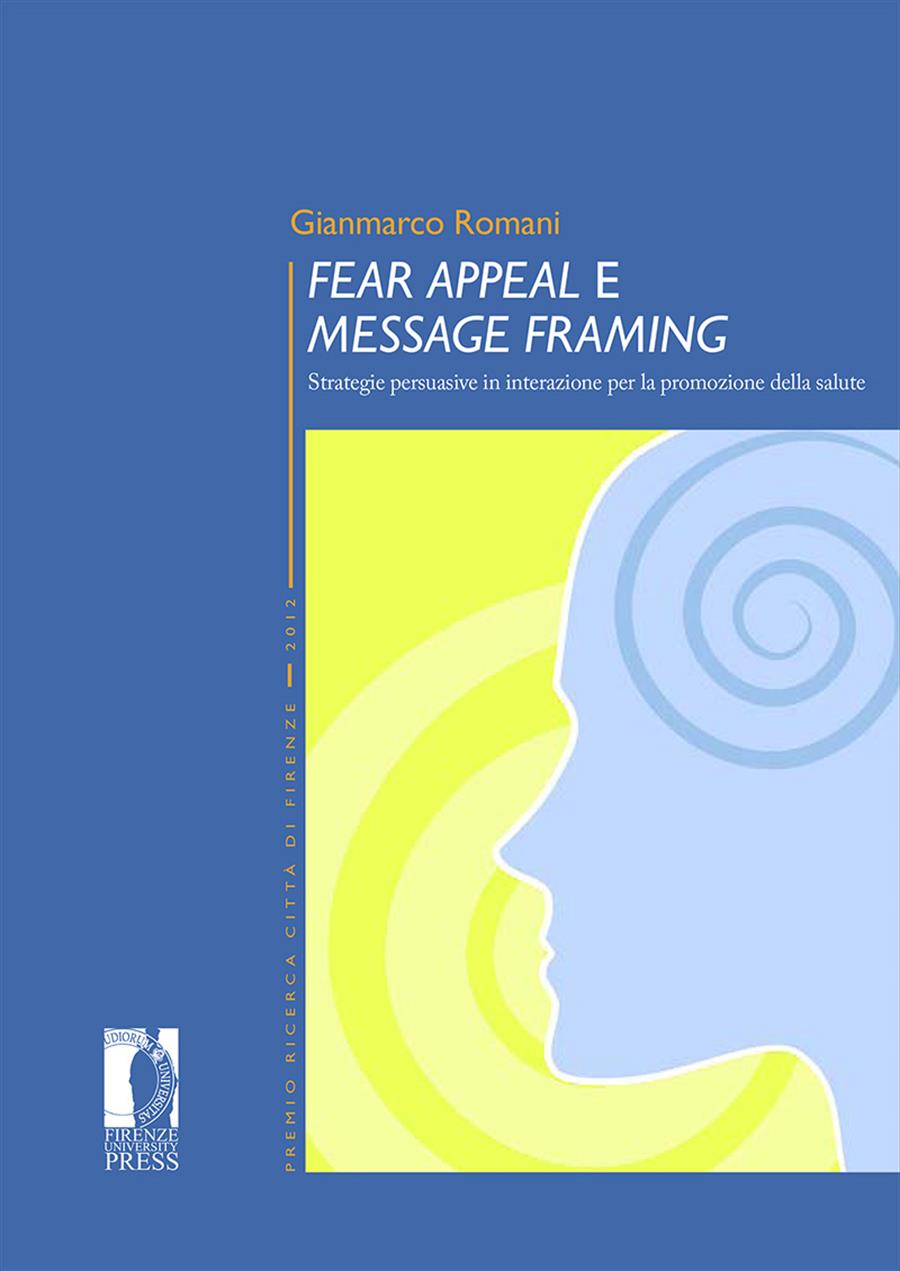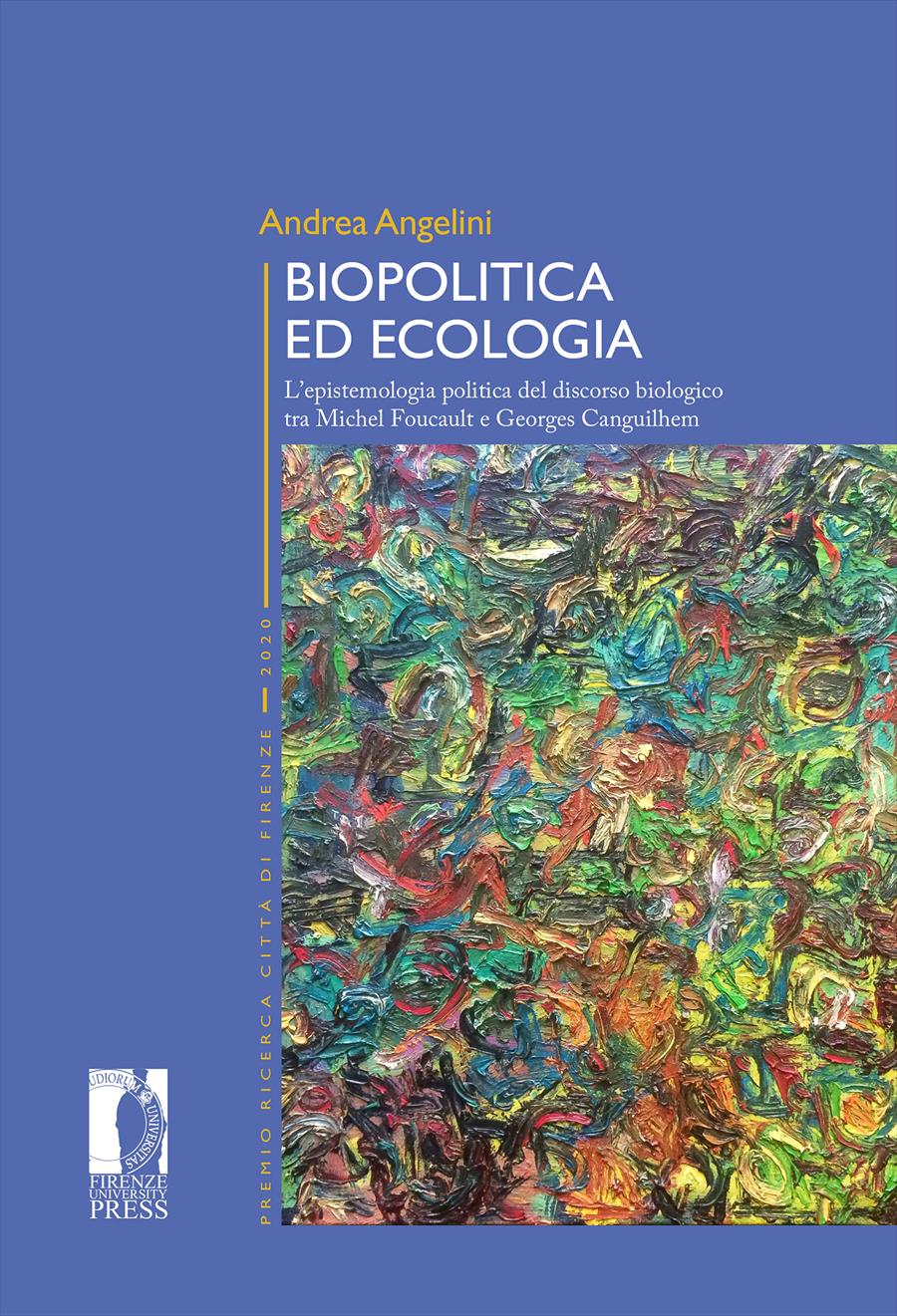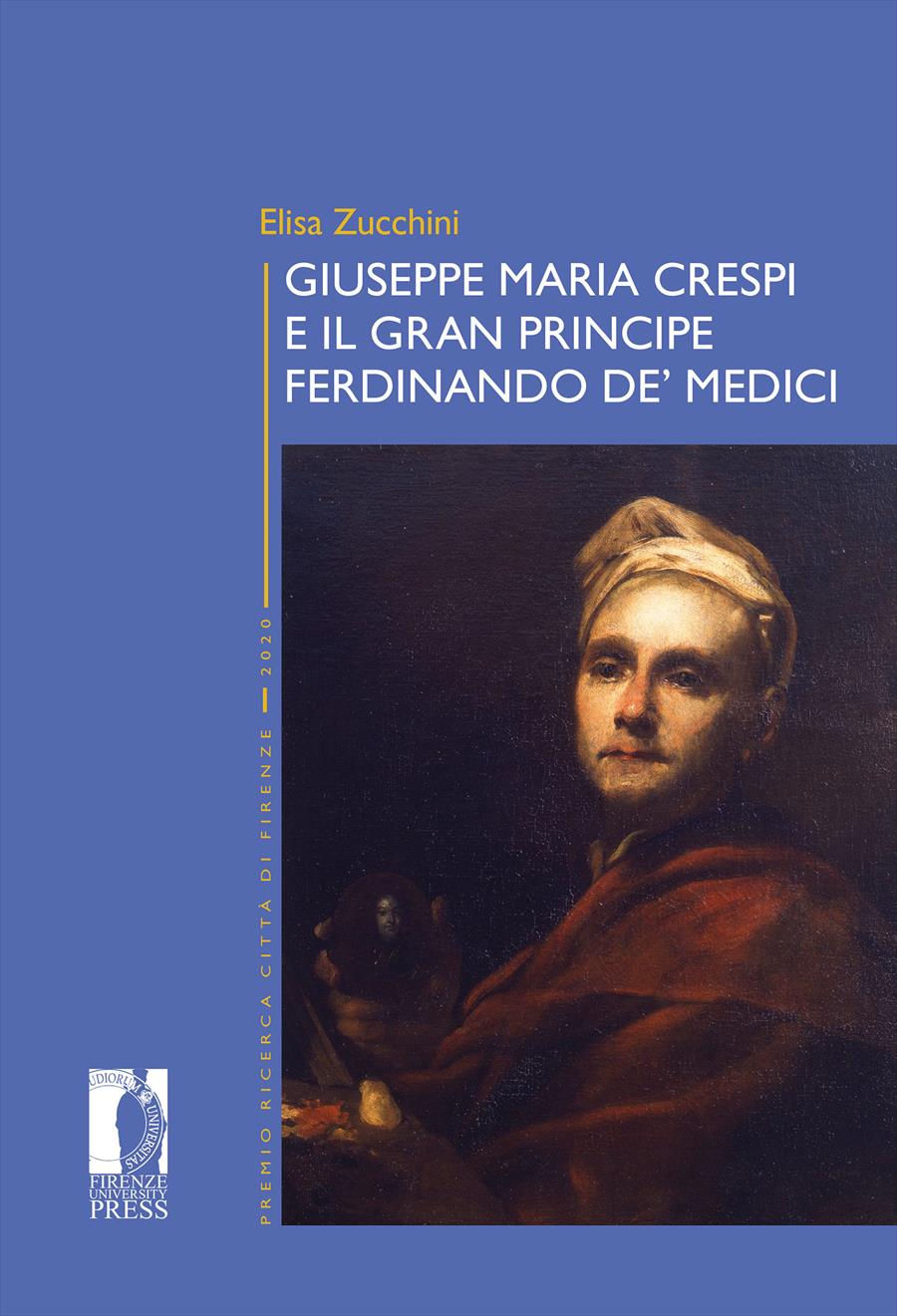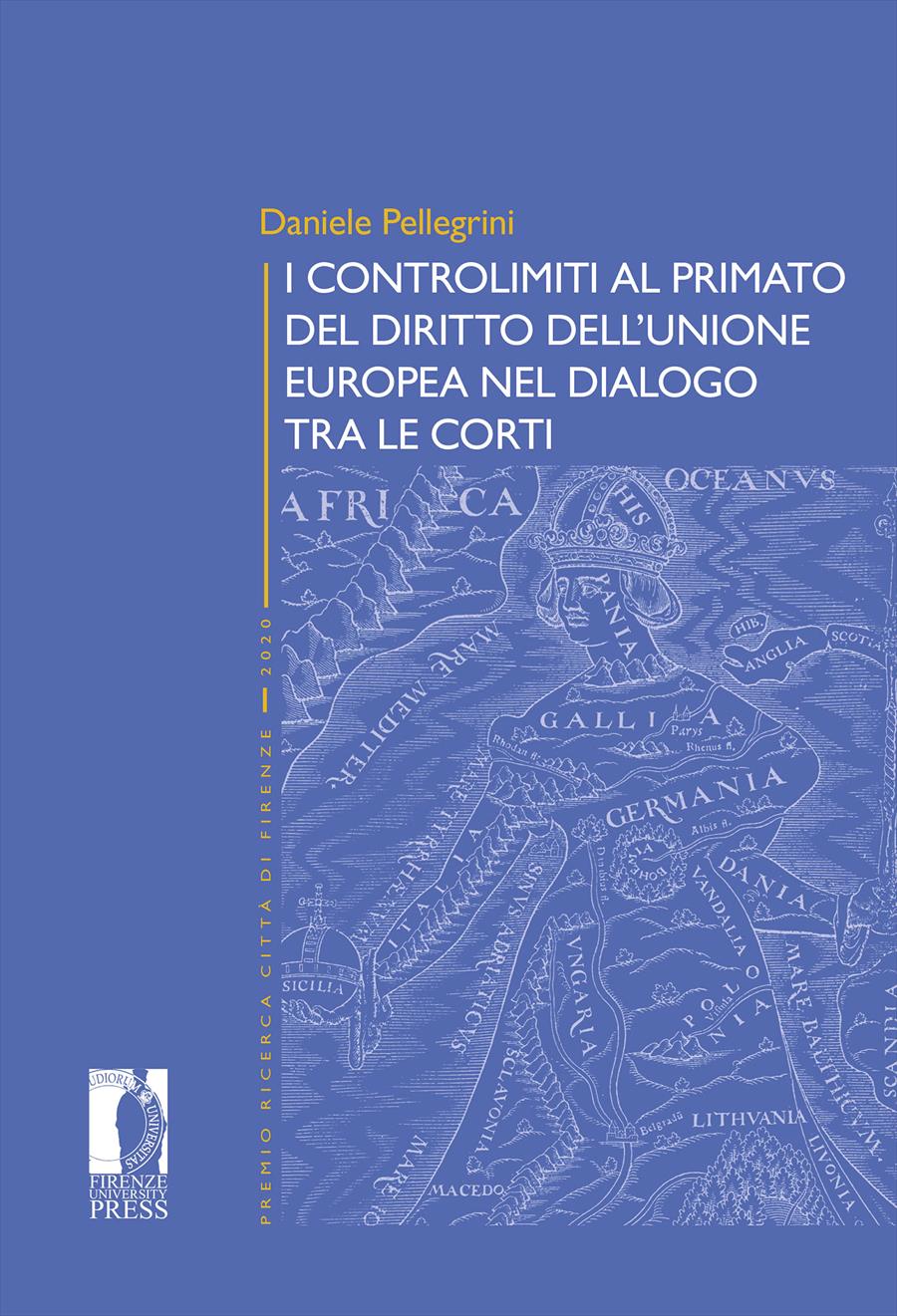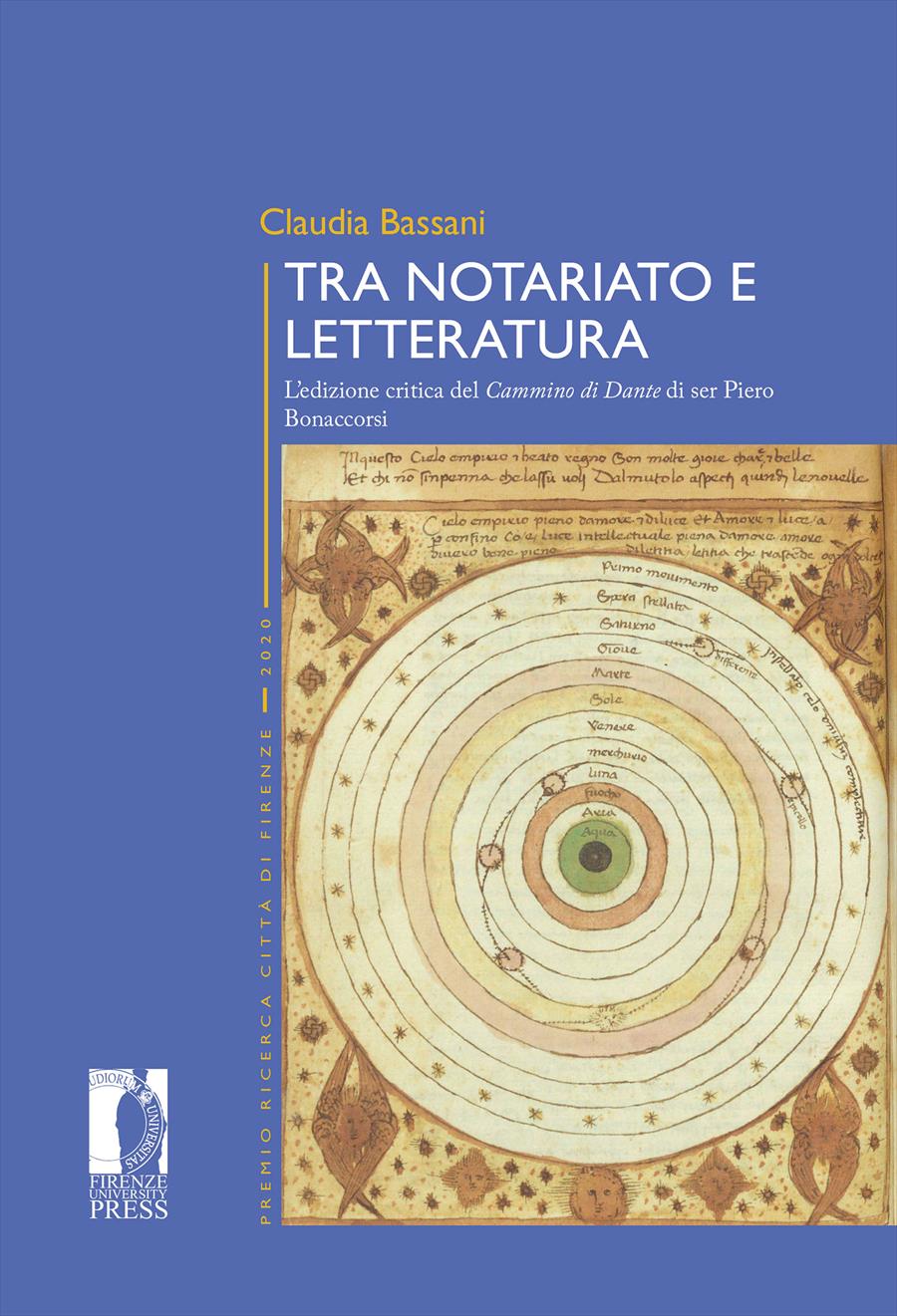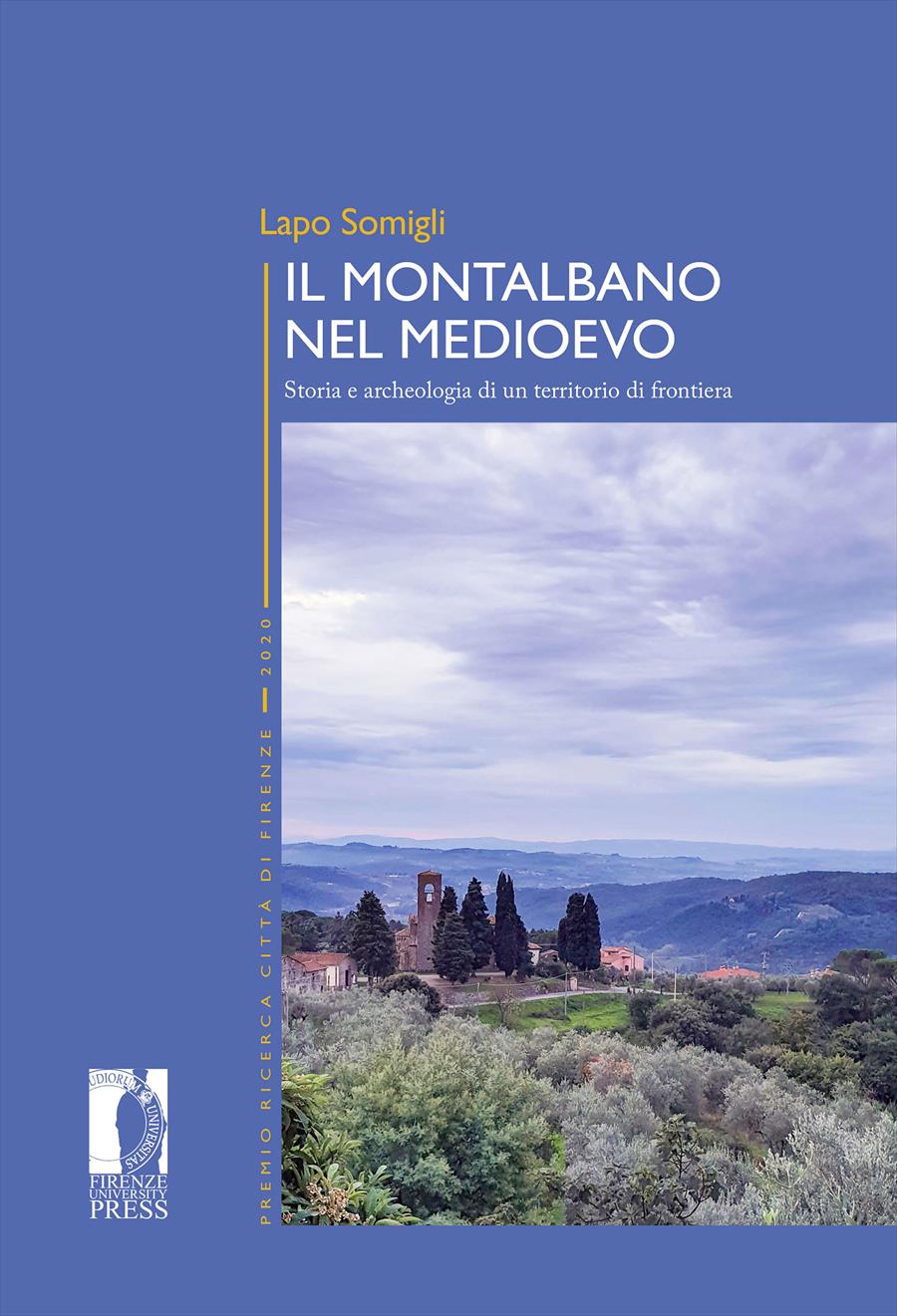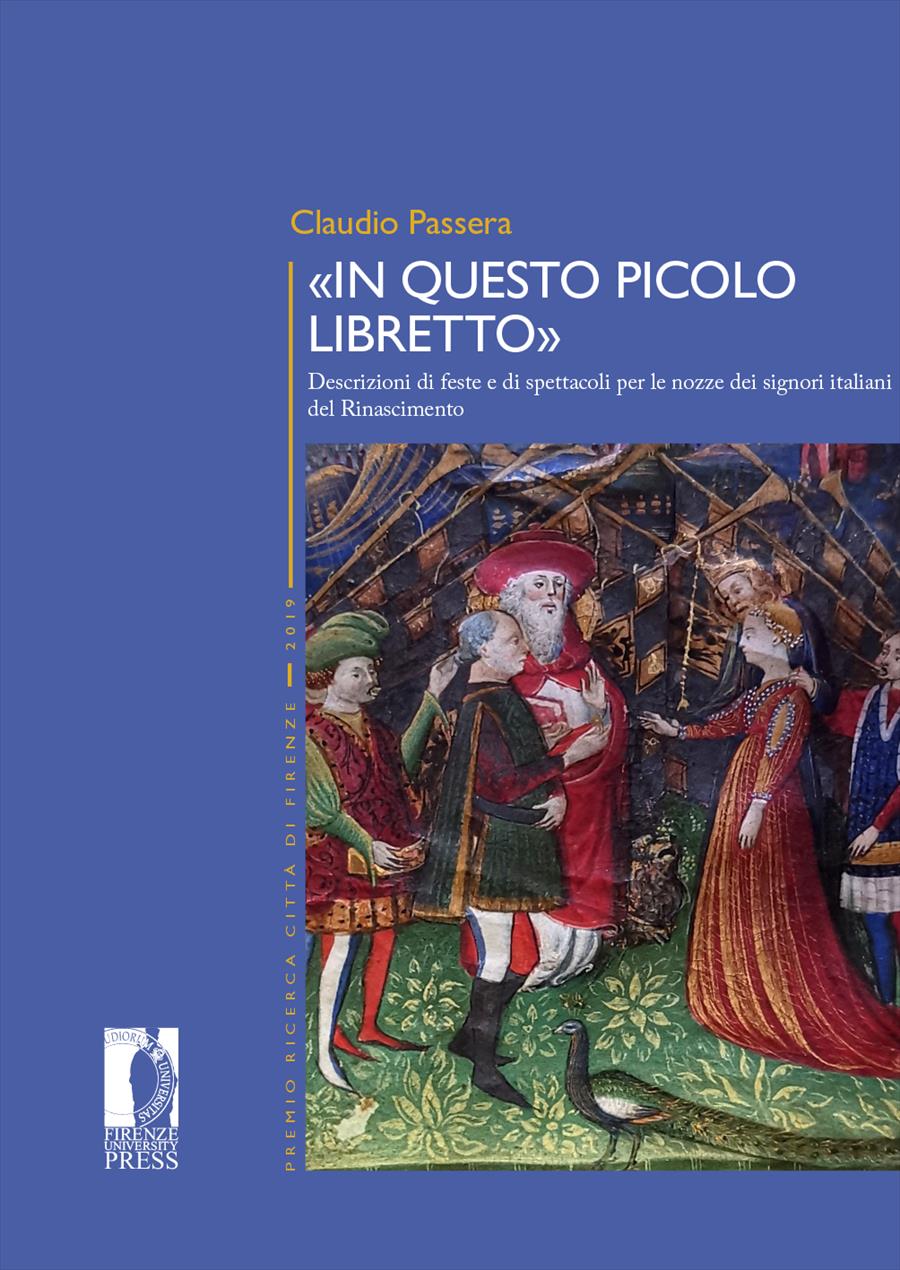Fear Appeal e Message Framing
Strategie persuasive in interazione per la promozione della salute
- Gianmarco Romani,
Our health is largely linked to our actions, habits and lifestyles. This implies greater personal and responsibility and, at an institutional level, the possibility and the obligation to act to prevent diseases and promote a healthy behaviour. Persuasive communication is one of the main tools for pursuing this goal. In fact, it has proven effective in promoting a change in attitudes, intentions and behaviours. Given these assumptions, the research investigates the possibility of simultaneously using two of the most effective communication strategies (fear appeal is message framing), evaluating which combination is more persuasive in promoting important preventive behaviour, such as the use of sunscreen.
- DOI: 10.36253/978-88-6655-506-3
- Series: Premio Ricerca «Città di Firenze»
- Scientific Board
- Language: Italian
- Subjects: Psycology
- Download PDF
-

- © 2013 Author(s)
- CC BY-NC-ND 3.0 IT
- Publication Year: 2013
- Pages: 104
- eISBN: 978-88-6655-506-3
- Content License: CC BY-NC-ND 3.0 IT
- © 2013 Author(s)
- Publication Year: 2013
- eISBN: 978-88-9273-479-1
- Content License: CC BY-NC-ND 3.0 IT
- © 2013 Author(s)
Bibliographic Information
Book Title
Fear Appeal e Message Framing
Book Subtitle
Strategie persuasive in interazione per la promozione della salute
Authors
Gianmarco Romani
Peer Reviewed
Publication Year
2013
Copyright Information
© 2013 Author(s)
Content License
Metadata License
Publisher Name
Firenze University Press
DOI
10.36253/978-88-6655-506-3
eISBN (pdf)
978-88-6655-506-3
eISBN (xml)
978-88-9273-479-1
Series Title
Premio Ricerca «Città di Firenze»
Series ISSN
2705-0289
Series E-ISSN
2705-0297
